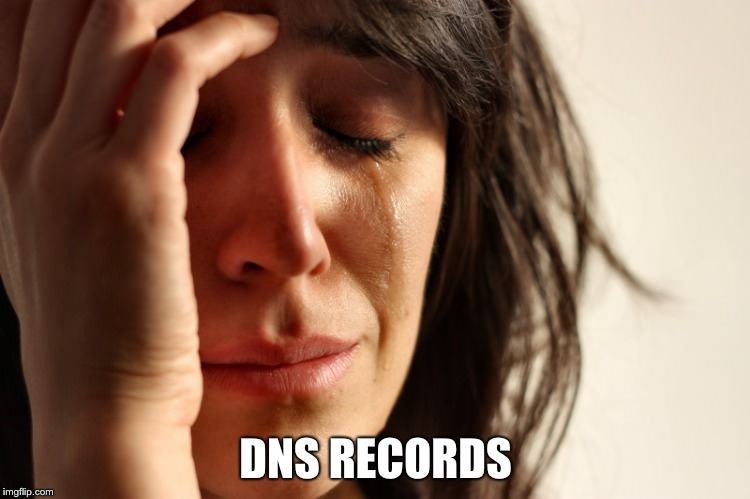VMware Cloud on AWS with NSX-T SDDC – Connectivity, Security, and Port Mirroring Demo
VMware Cloud on AWS with NSX-T SDDC – Networking and Security
Watch the embedded demo below or view on the NSX YouTube channel here to see several cool NSX-T networking and security capabilities within VMware Cloud on AWS. The demo shows connectivity from VMware Cloud on AWS SDDC to on-prem via AWS Direct Connect Private VIF. Access to native AWS services from VMware Cloud on AWS SDDC is also shown. Additionally, Edge security policies, distributed firewall/micro-segmentation, and port mirroring are demonstrated. Continue reading

 CNCF claimed 8,000 attendees and an additional 2,000 that were on a waitlist to attend this week's event. I think those on the waitlist snuck in.
CNCF claimed 8,000 attendees and an additional 2,000 that were on a waitlist to attend this week's event. I think those on the waitlist snuck in. The South Korean carrier is to partner with MobiledgeX, building on the deal signed with DT in October 2018.
The South Korean carrier is to partner with MobiledgeX, building on the deal signed with DT in October 2018. Amazon Web Services opens in Sweden; Apple expands across the US; and the Hyperledger project expands its membership.
Amazon Web Services opens in Sweden; Apple expands across the US; and the Hyperledger project expands its membership. AWS argues that it has a “direct and substantial economic interests at stake.” It says Oracle’s conflict-of-interest accusations are “meritless.”
AWS argues that it has a “direct and substantial economic interests at stake.” It says Oracle’s conflict-of-interest accusations are “meritless.”



